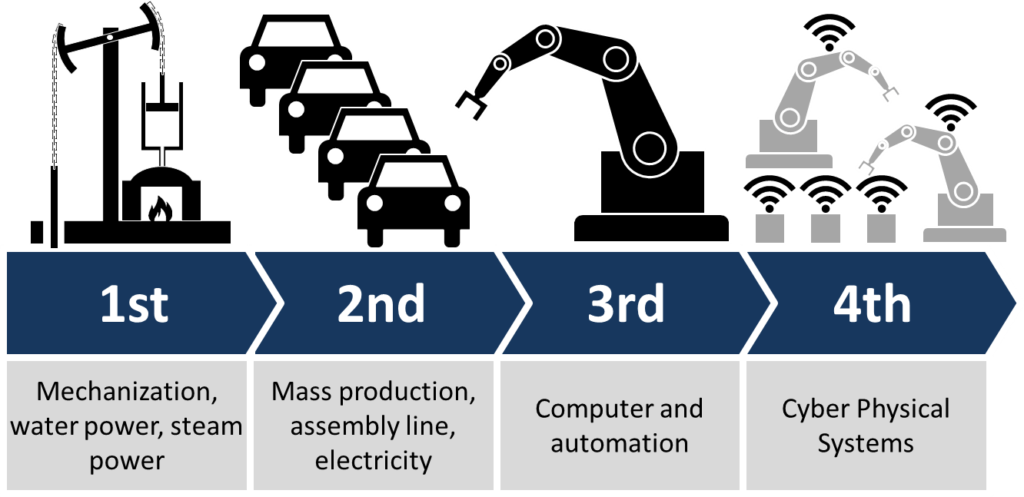The technological innovations since the agricultural revolution have further and further reduced the need for humans to perform activities to accomplish business and other goals.
The three industrial revolutions preceding the current one have led to increased access to information and opportunity, but they have also led to simplifications in work, further reducing the need for humans to perform those activities. While most of the people in the world still do not have the essentials to live day-to-day, technological advances continue to accelerate with further adoption of Internet of Things (IoT) throughout the industry.
While this signals the need for increased structural adjustments to enable participants of the economy to provide and receive economic contributions, it becomes increasingly more difficult to enable participants when human contribution becomes less necessary for providing the benefits people need in order to live with daily essentials.
In other words, without dramatic structural adjustment, technological unemployment will continue to become the norm, leaving policymakers to consider whether to push structural adjustments to enable participants or to encourage economic activity in other ways such as the provision of universal basic income (UBI).
Perhaps, a mixture of both will be required, but ultimately there are numerous economic activities that are performed today which are redundant and inefficient, and more often than not will result in these activities not creating net positive returns for owners and investors.
There is also the question of what scenario is more alarmist, if at all:
- Technological unemployment eliminating all human jobs
- Unstable AI or major global security flaws causing a global state of emergency
- Climate change dramatically and permanently displacing human civilization and making the planet uninhabitable
The clearest structural adjustment that could be made is for the economy to fully address the concerns and needs that will be put at risk due to climate change in addition to the security management required to keep advanced technologies in check, and this would inevitably require the global economy and its workforce to restructure itself, providing jobs that would support this restructuring in the process.
Featured image created by Christoph Roser and distributed under license.
